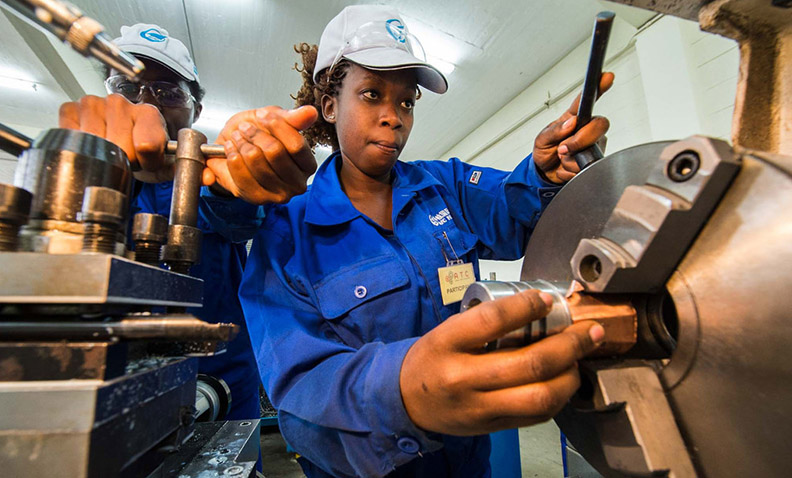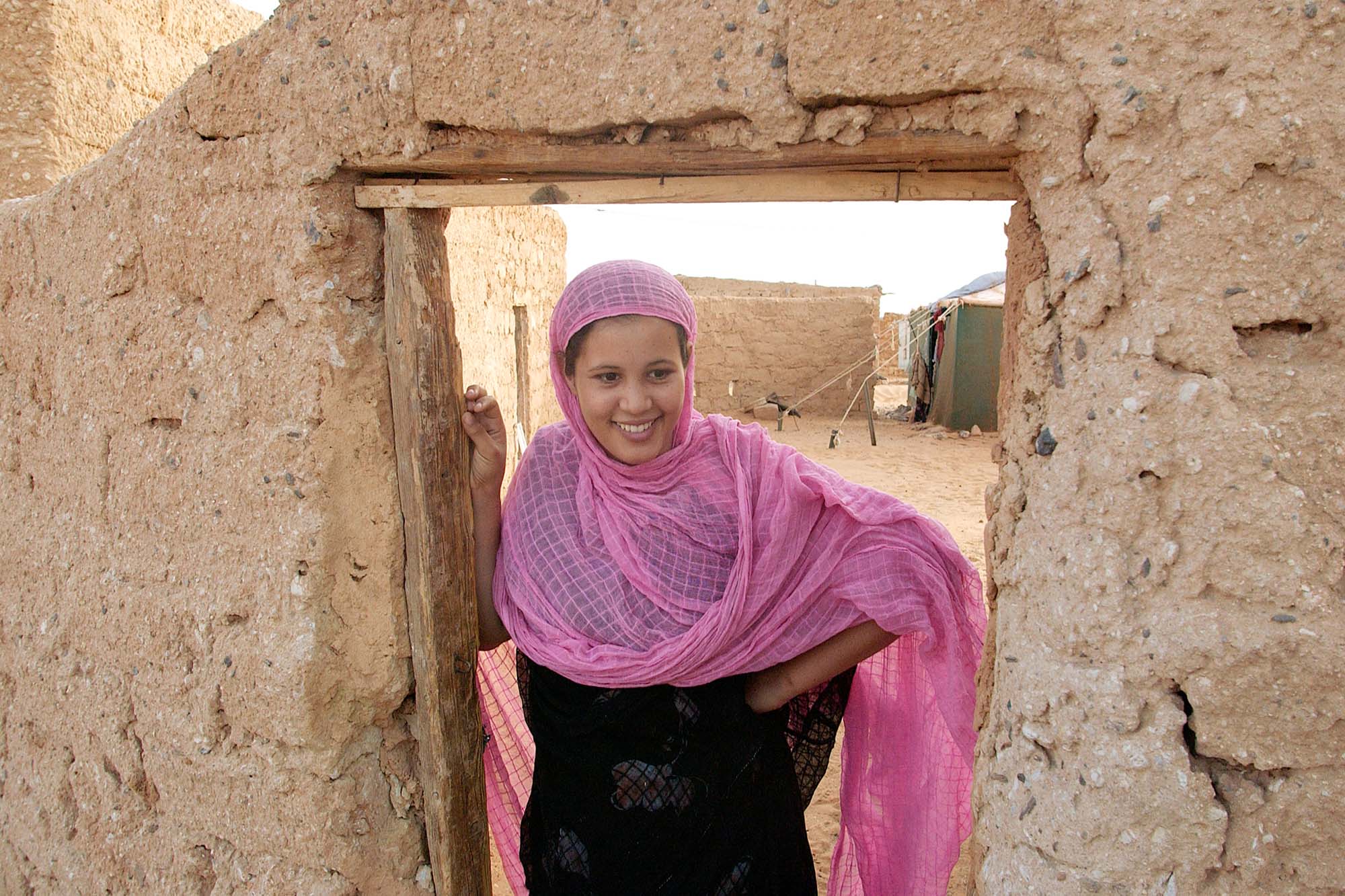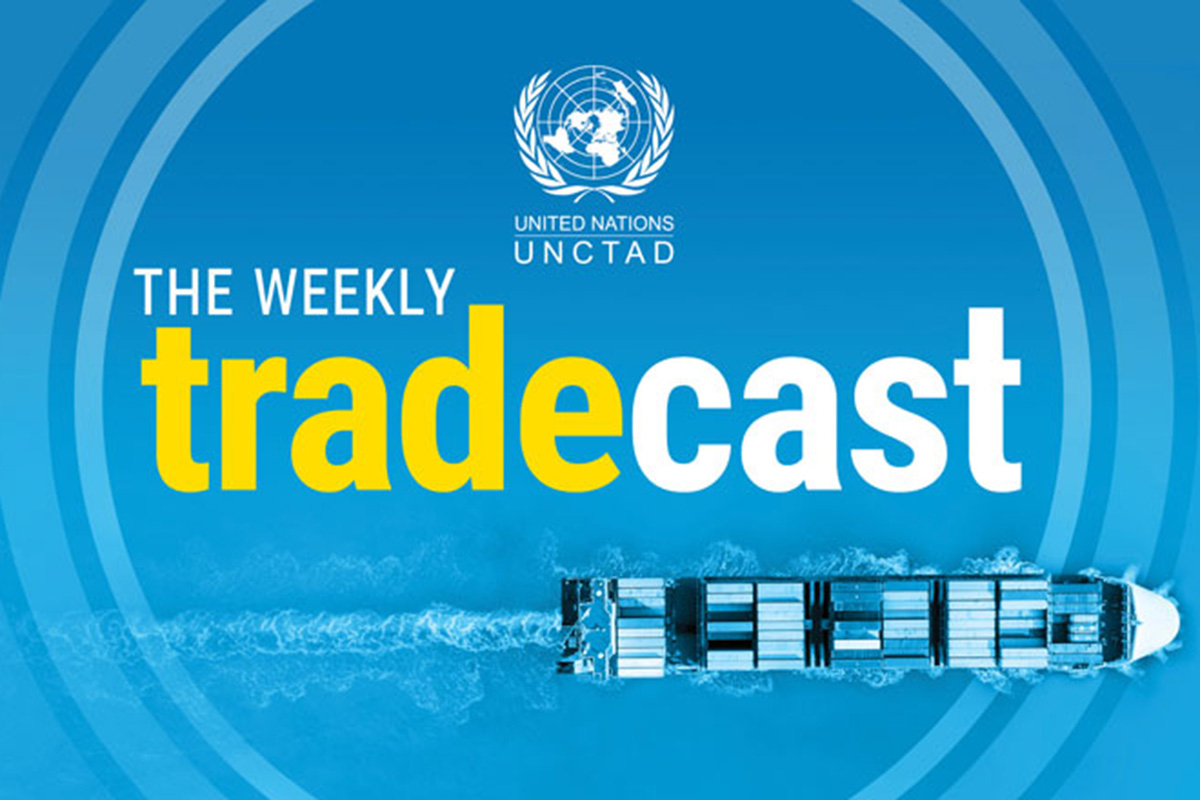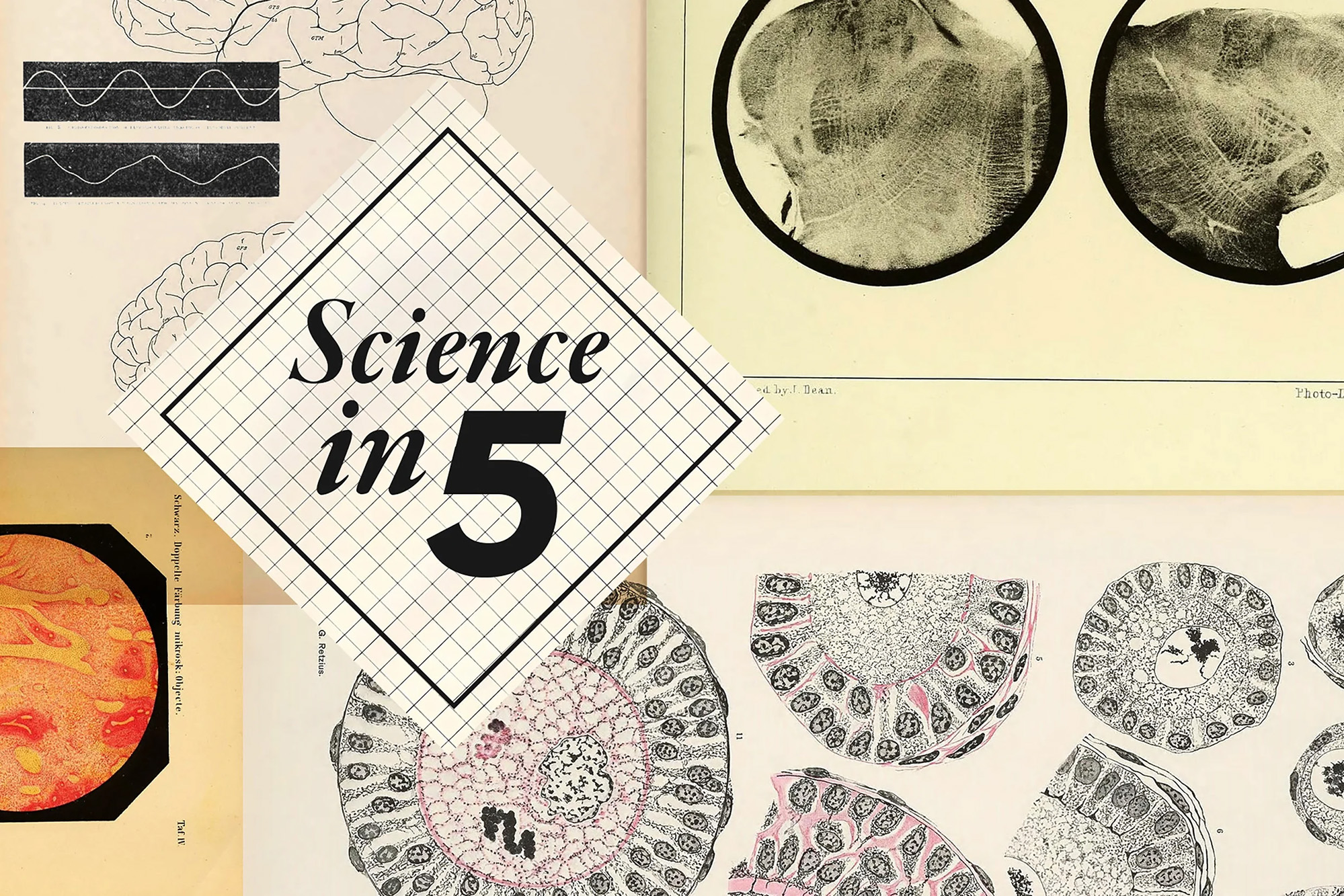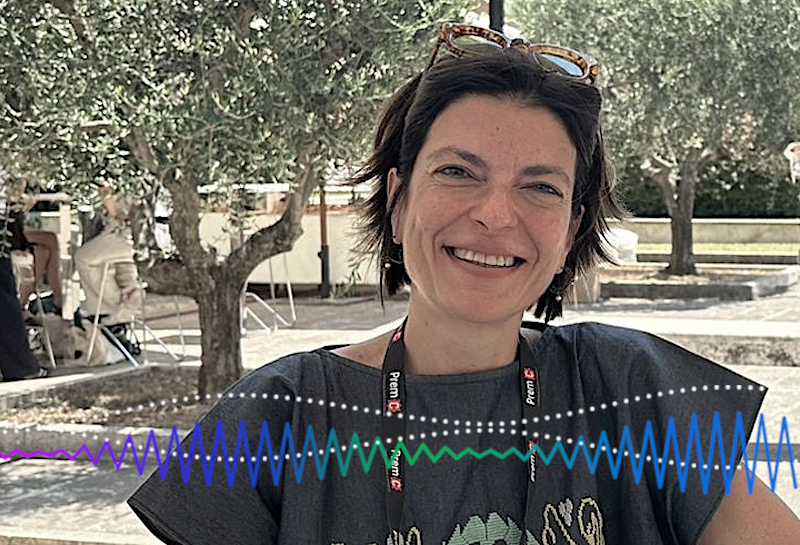It’s more than just a metal. It’s in our phones, our homes, our cars – quietly powering our daily lives. As demand increases for clean technologies, like solar panels and electric vehicles, copper is increasingly in the spotlight. But what are the costs and consequences of mining it – and who really benefits? Can we meet these demands without repeating past mistakes? In this episode of UNCTAD’s The Weekly Tradecast, we speak with Professor Daniel Franks, Director of the Global Centre for Mineral Security at the University of Queensland. Listen now to learn about the global race for critical minerals, the environmental and social costs of extraction, and the urgent need for inclusive reforms in how we power our future.
With 1.2 billion young people in emerging economies reaching working age over the next decade—and only about 420 million jobs expected to be generated—the urgency of finding scalable and sustainable solutions has never been greater.
In this episode of The Development Podcast, we hear from one young person about their journey into the world of work and what the World Bank Group is doing to address one of the most urgent issues facing development: how to meet the stable employment aspirations of the developing world's fast-growing youth population.
Things should be looking good for young people in the world of work, but they’re not. While unemployment among young workers between 15 and 24 has recovered from the impact of the Covid-19 pandemic, there’s a growing epidemic of unhappiness among those workers in both the developed and now the developing world. So, what is to be done? This podcast asks David Blanchflower, a professor at Dartmouth College, renowned labour economist and recognized expert on youth employment, what can be done.
Are vaccines safe? What’s actually in them? In this two-part episode of the World Health Organization podcast Science in 5, Dr. Kate O’Brien breaks down how vaccines are tested, approved, and monitored even after they reach the public. She also explains what happens if a safety concern is flagged.
UN Humanitarian Affairs chief Tom Fletcher has been forced to make “brutal cuts” to his organization, as major donors in the rich world slash their aid and international development spending.
UN News’s Conor Lennon spoke to him on Thursday via video-link from the UN offices in the Afghan capital Kabul, at the end of a three week visit to some of the most vulnerable communities in the country, where he has witnessed first-hand the deadly consequences of the dramatic aid slowdown.
Mr. Fletcher has publicly challenged policymakers who signed off on cuts to come to Afghanistan to see the effect they're having on the population, saying that “the effect of aid cuts, is that millions die”.
Can artificial intelligence, robots and surveillance protect workers on the job? Yes, according to the latest report from the International Labour Organization (ILO). In this new episode of the Future of Work podcast, ILO occupational safety and health expert Manal Azzi explains how AI and technology is being used as a safety net, and not a threat, for workers worldwide.
According to Estelle Koussoube, a senior economist at the World Bank, and Kehinde Ajayi, a senior fellow at the Center for Global Development (CGD), investing in the economic success of adolescent girls in Africa can transform the continent. To learn more, listen to a new episode of the World Bank's Afronomics podcast.
What does a mother need to know to ensure that she has a safe pregnancy and delivery? What are some warning signs to watch for? And what are a woman’s rights while going through a pregnancy and delivery? Join maternal health expert Dr Femi Oladapo in a new episode of WHO's Science in 5 podcast.
Antibiotics save lives. But when the supplies run low or bacteria become resistant, the risks grow — especially in developing countries. On this episode of UNCTAD’s The Weekly Tradecast, economist Bruno Casella explores the challenges of securing essential antibiotics, the impact of limited local production, and how better investment and coordination can strengthen supply chains.
Severe resource shortages are threatening the global response to end tuberculosis. Is the world on the brink of a global TB crisis? A quarter of the world’s population could be infected with TB and not even know it. Is there a cure? What is the treatment? How do we diagnose TB? Listen to Dr Tereza Kasaeva in a new episode of the World Health Organization’s Science in 5 podcast.
Reparations for the crimes of the transatlantic slave trade “can’t be quantified” given the vast historical sweep of human history, according to the first Black African to be awarded the Nobel Prize for Literature, Wole Soyinka.
The longtime Nigerian democracy activist was at UN Headquarters in New York to take part in commemorations for the International Day of Remembrance of the Victims of Slavery, telling the General Assembly that it remains crucial to confront centuries of wrongdoing.
Ana Carmo sat down with him in our UN News studio following the event and asked him to outline his main message to the international community.
Did you know that diseases are being eliminated by countries all over the world. In the last five years alone, 44 eliminations have been confirmed by the World Health Organization (WHO). What does it take to eliminate a disease? What needs to happen before WHO can certify an elimination? Once eliminated, can these diseases come back? Dr. Jérôme Salomon explains in a new episode of the Science in 5 podcast.
Not long ago, we were deep in a cost-of-living crisis. Inflation has now eased a bit but geopolitics remain tense and the global economy is still struggling to recover.
But rather than moving towards more open trade, many countries are becoming more protectionist. Adding to the unease, countries are threatening to slap huge tariffs on major trading partners.
In the current climate, there are fears that escalating tariffs could lead to trade wars - a scenario with grim prospects for many developing countries. For more on the ins and outs of tariffs, tune in to the UNCTAD’s Weekly Tradecast with Emily Blanchard, former Chief Economist at the U.S. State Department and Associate Professor at the Tuck School of Business at Dartmouth College.
According to Jean-Pierre Lacroix, the Under-Secretary-General of Peace Operations, there are many good reasons for increasing the number of women peacekeepers in UN Missions. UN News’s Anshu Sharma spoke to Mr. Lacroix at the first-ever Conference for Women Peacekeepers, held in the Indian capital New Delhi on 24 and 25 February, where he was representing the United Nations. The Under-Secretary-General argued that changing the gender balance benefits the work environment in Peacekeeping Missions, improving conduct and discipline. Ms. Sharma began by asking him why it was important to make the trip to New Delhi, and what was achieved.
The International Economic Association’s Women in Leadership in Economics Initiative (IEA-WE) connects women economists worldwide and helps showcase their important empirical research, especially in developing countries. IMF Podcasts has partnered with the IEA-WE to produce a special series featuring the economists behind the invaluable local research that informs policymakers in places often overlooked. Driving Change kicks off this limited-run series from Turkey, with economist Ipek Ilkkaracan, who makes a strong business case for investing in social care infrastructure.


